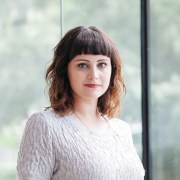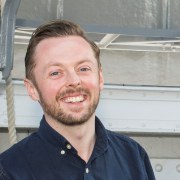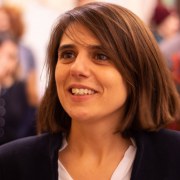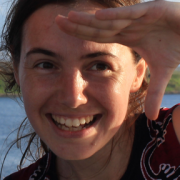Strategies for science learning outside the classroom
The Covid-19 crisis has challenged traditional science learning environments, many of which relied on face-to-face interactions. The current scenario has become one in which disruption of regular practice is part of the new normal. But how can we adapt to such fast-changing conditions?
At this point, it is clear that solutions for navigating disruptive scenarios cannot be reduced to technology, but that there is a need for holistic approaches. In this session, we will explore strategies that bridge non-formal and formal learning in order to build resilient learning ecosystems. Experiences from open schooling and participatory approaches to science learning will help understand what bridging these environments entails.
The panel speakers have backgrounds across research and practice in science learning outside the classroom and have expertise in open schooling, co-creation and public engagement.
Facilitator
Assistant Professor in Science Education
Session speakers
Public Engagement Manager
Brendan Owens will discuss Science Gallery Dublin’s engagement with school teachers as part of the Open Science Hub project, which involved developing a year-long pilot learning programme that connects school groups with informal learning, as well as their wider community. Brendan will also share the continuation of co-creation with teachers to turn the pilot programme into a school-directed programme with fewer, but impactful Science Gallery interactions and support.
Project Manager Open Science Hub Network
Maria Vicente will share how Open Science Hubs - community mediators that support and engage schools and local stakeholders in using research and innovation as a tool to tackle local relevant challenges - foster the creation of new relationships and processes within schools and how this contributes to the integration of open schooling within school culture. In particular, Maria will focus on specific Open Science Hub examples and on the relation between schools, universities and municipalities.
Bloomfield science museum Jerusalem
Elad Paz will share Make it Open project's approach for open-schooling – changing the Who, Where, When and What of formal schooling by deepening connections schools have with their communities. Using maker methodologies and pedagogies the project is aiming to position the school in the center of community wellbeing. Elad will discuss the approaches Make it Open utilizes to enable teachers to make the best use of their community and embrace open schooling.
Eva Durall will share the SySTEM 2020 project outputs that build on co-creation and co-design to bridge non-formal and formal learning. In particular, she will elaborate on results from SySTEM 2020’s co-design for equity work and will present strategies to connect various environments and involve diverse actors from an equity perspective. She will also discuss the potential of participatory approaches and systemic thinking to navigate disruption in informal science learning.





